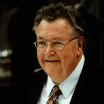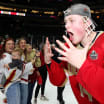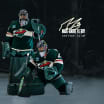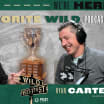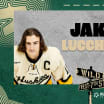The State of Hockey will have to play one larger-than-life man short moving forward with the passing of South St. Paul native and Minnesota hockey legend Doug Woog. The former University of Minnesota All-American and long-time Gopher head coach died Saturday at the age of 75 following a long battle with Parkinson's disease.
The news spread rapidly throughout the tight-knit hockey world and the tributes to Woog's impressive legacy poured in every bit as fast. Woog, the all-time Gopher hockey coaching leader in wins (388) at the time of his retirement in 1999, was revered for his contributions to the "U" as a player, coach, broadcaster, friend and ambassador.
Frank Mazzocco, Woog's long-time partner calling Gopher games in the Fox Sports North broadcast booth, said Woog was always in an outreach mode.
One-of-a-kind 'Wooger' leaves void that will never be filled
State of Hockey legend passed away Saturday following a battle with Parkinson's disease
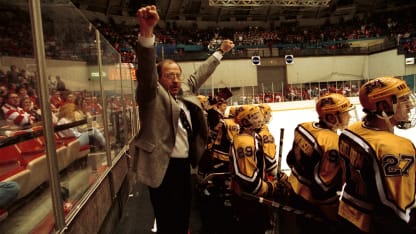
Alex Stalock memories of Doug Woog


